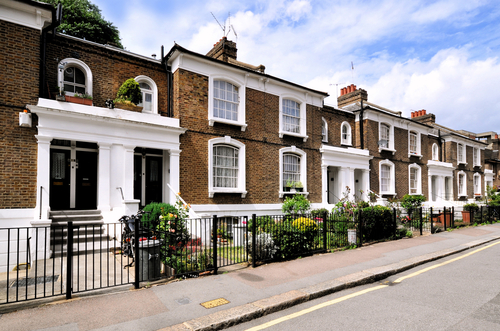Buy To Let
Prime central London prices see biggest decline since 2010

House prices in prime central London have fallen by the largest amount since the eurozone crisis hit the market in the summer of 2010, research reveals.
Knight Frank’s prime central London sales index showed that prices fell by 0.3% in October as the impact of increased Stamp Duty Land Tax for properties worth more than £1.1m started to bed in.
Despite the changes being introduced almost a year ago by the Chancellor in his Autumn Statement, the report said the consequences have only started to be realised in recent weeks.
This, combined with a degree of nervousness surrounding global economic events such as China’s slowdown, has created ‘a stand-off’ between buyers and sellers, Knight Frank said.
For the purposes of the report, prime central London includes Belgravia, Chelsea, Hyde Park, Islington, Kensington, Knightsbridge, Marylebone, Mayfair, Notting Hill, South Kensington, St John’s Wood, Riverside, the City and the City Fringe.
It found buyers have expected a lower asking price to recompense for the increase in Stamp Duty, but vendors are not always willing to comply.
In the three months to September, the number of exchanges was 17% lower than the same period last year. Furthermore, the number of new prospective buyers dropped by 30% on the same period in 2014.
As such, Knight Frank has revised down its forecast for prime central London price growth to 2% from 4.5%.
Despite this, the company noted that where asking prices have come down the market is operating in a normal manner, with some vendors tapping into underlying demand.
Business in the capital
The value of doing business in London, which has a direct knock-on effect for the prime sales and lettings markets, has become a major concern in recent weeks.
According to HSBC’s quarter three trading update, the bank has earmarked the end of the year to complete its review into whether it should move its headquarters away from London. The bank has previously cited the EU referendum and the bank levy as risks to keeping its base in the capital.
During his recent state visit last month, Chinese President Xi Jinping told the UK that a decision to leave the European Union was one of the near-term risks that London faces.
However, lead author and co-creator of the Knight Frank report, Mark Yeandle, said the risk of an out vote in the EU referendum needed to be seen in context.
“It would take an awful lot to happen over an awfully long period of time for London to lose its liquidity as a major and established financial centre. Even if the UK were to leave the EU, you won’t suddenly have a mass exodus of people,” he said.
“Some of the big European banks may eventually repatriate a chunk of their staff but the US banks will still want a European centre and I can’t imagine that changing from London. London won’t fall out of the top five, it will never be that catastrophic.”
[article_related_posts]